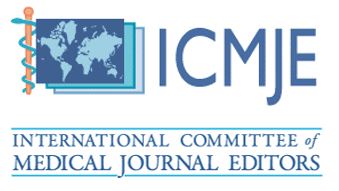Entomological Surveillance on Resistance of Aedes to Aqua K-Otherine at Taman Sri Rugading, Tuaran, Sabah, Malaysia
DOI:
https://doi.org/10.51200/bjms.vi1.1384Abstract
Background: Dengue fever and its fatal complications have made a comeback since its control in the 1990’s. The Flavivirus has evolved into 4 serotypes DEN 1,2,3,4 which can be passed on by the mosquitoes for 7 generations for each serotype. This communicable disease is predominantly confined to urban areas. Quick control of the spread of the disease will prevent it from becoming an epidemic. The two species mosquitoes involved have different behaviours. The Aedes aegypti is an indoor vector which breeds in clean, clear and calm freshwater. The Aedes albopictus is an outdoor breeding mosquito which breeds in stagnant waters. Surveillance of the areas prone to outbreaks is vital. One of the roles of the entomologist is to monitor the vector for resistance to the insecticides. Localities that have been subjected to recurrent outbreaks will have vector which develop resistance to the insecticides used.
Keywords: entomological surveillance, Aedes mosquito, Aqua K-Otherine, ovitraps
Downloads
Published
How to Cite
Issue
Section
License
All articles are published under the Creative Commons Attribution-NonCommercial (CC BY-NC 4.0) license, enabling users to read, download, copy, distribute, and adapt the material for non-commercial purposes, provided proper credit is given to the original authors and the source. This model supports transparency, accessibility, and the global exchange of medical knowledge.








1.png)





